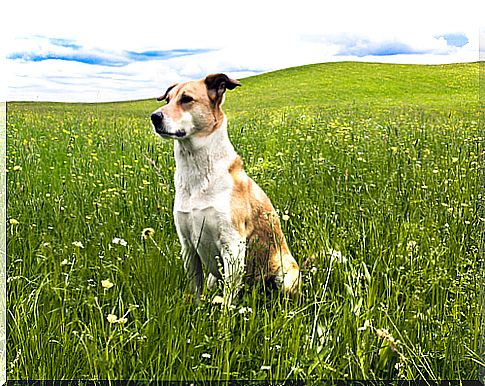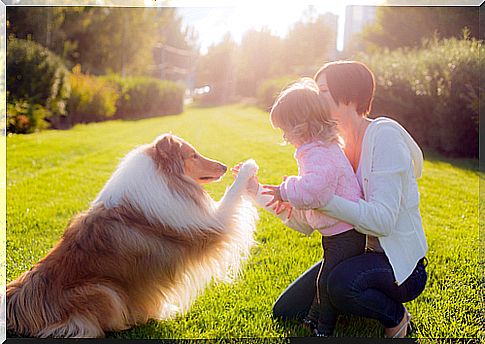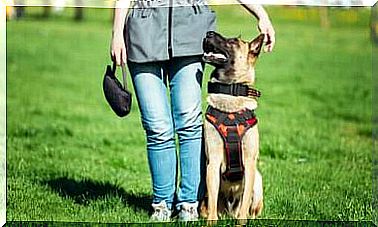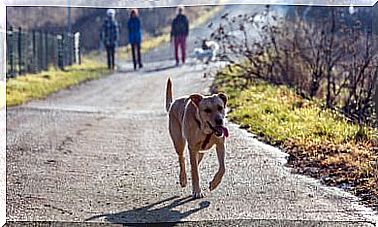The Six Basics Of Dog Psychology: Understanding And Managing Your Dog’s Bad Habits

Many owners complain that their dog doesn’t pay attention, doesn’t listen, doesn’t come when called, or behaves badly; they exhibit, for example, destructive attitudes. But what often happens is that owners ignore the basics of canine psychology.
So, to avoid problems with your pet and to correct some attitudes that can be developed, we leave the six bases of canine psychology.
Affection
People, being social beings, need to share and build relationships with others. However, this need transcends the species because it is not limited exclusively to human beings.
This is the fundamental basis of the pet domestication process and this process has become so narrow that, in some cases, the human being replaces the contact of your pet with other animals, by living with it and this becomes the main social link of the animal .
This is particularly evident in dogs, where the relationship becomes as close as that of parents and children.
From this, it can be concluded that the domestic dog bases its social relationships based on the relationship with its owner. Thus, the relationship with its owner will be especially important in the way the dog’s other relationships develop , including with other animals.
Hence the importance of dedicating quality time to the pet, through play, affection, education and socialization.
Ties to the owner will make the dog develop some kind of behavior that can be good or bad. Excessive nervousness, aggressiveness or destructive behavior are directly related to the relationship he has with the owner.
Socialization

If the goal is to have a balanced dog, it is necessary to have an exposure to other people and animals. Dogs are social beings who need to be in the company of others, always remembering that, before that, it is important to regularize the vaccination schedule.
Dogs need to socialize not only with others, but also with unfamiliar surroundings. This way, the animal will know how to behave, for example, when going for a walk, reacting to a noise or when in the car.
Many behavior problems in dogs are related to lack of socialization, so it’s best to do this early and always under your supervision.
Hierarchy
Dogs are descendants of wolves, and something that has been preserved in this evolution is the need for a hierarchy within their immediate social circle.
What many don’t know is that dogs, for our good, through domestication, have assumed a submissive role within the household hierarchy, and this position must be maintained to prevent the animal from starting to struggle for power.
know your past

The animal’s past is important because it will give you a clue to the origin of many of its behaviors and give you insight into how to correct the problems.
Normally, a dog that lives on the street or has been abused will show some kind of neediness, attitudes that will be reflected with stress, depression, excessive attachment to the owner, possessiveness with objects, people and food or aggression.
Also, many behaviors are the result of health problems, so if you notice sudden changes in your dog’s attitudes and notice things like sudden changes in his attitudes and you notice things like pain, fever, etc., it’s best that you take the animal to the vet to find out what’s going on.
food
Part of the possessiveness problems may be related to suffering from hunger or lack of socialization while eating. So it is important to feed the dog several times a day, with a rich and varied diet, avoiding many inconveniences, including getting tired of eating the same ration.
don’t educate the race
Remember, when you understand canine psychology, the first thing you must understand is that you must train the dog and not the breed.
Things related to pet education and mental health apply equally to all breeds. Exercise, care, feeding and socialization are the cornerstones of having balanced and happy dogs.







